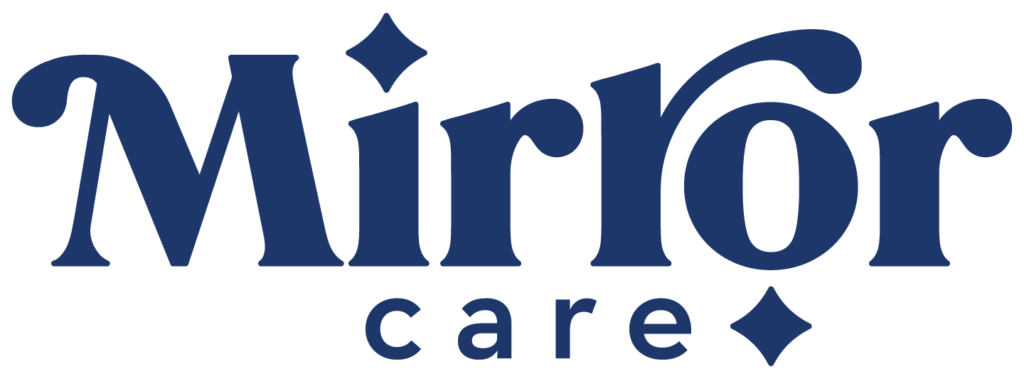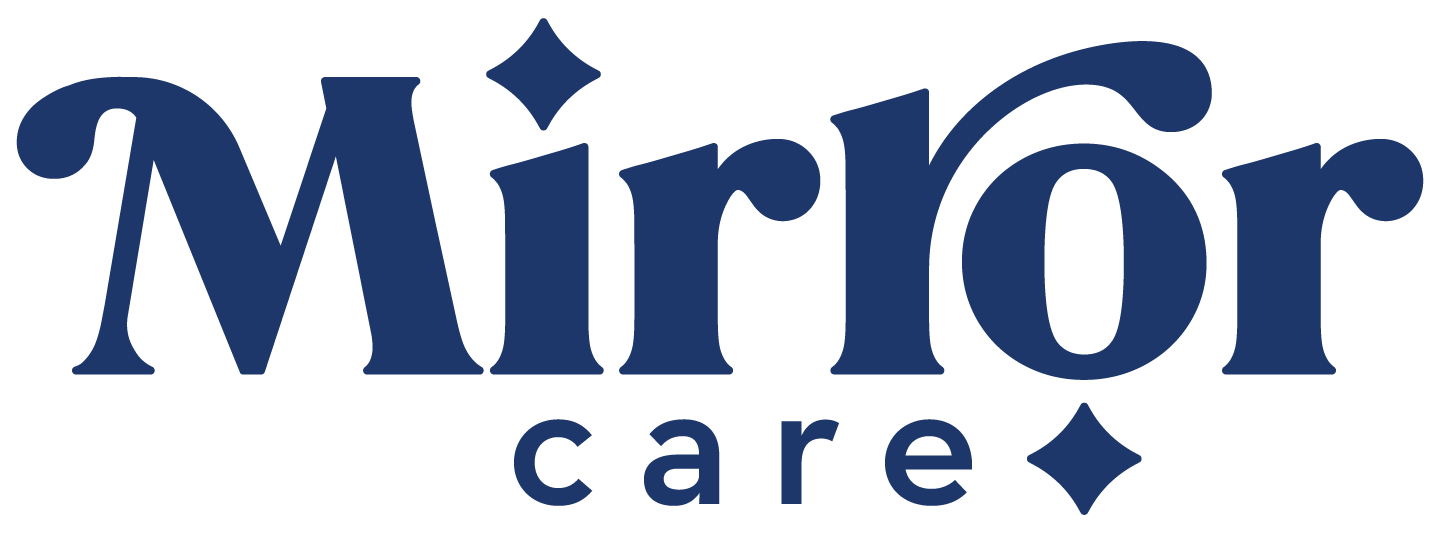October is Cybersecurity Awareness Month, and with more of our information going digital, especially our personal health information, we should take a minute to talk about the importance of protecting your data. I’m sure that you’re tired of getting emails from your IT department about cybersecurity or having to change your passwords regularly, but keeping your information secure is critical, and it’s part of our DNA at Mirror Care.
There’s a lot to cover with cybersecurity, but today I want to talk about how to protect your account credentials. Here are two steps that you can take today to help protect your Mirror Care and all of your other personal accounts.
Use Two-Factor Authentication (TFA)
The most common method for this is text messages sent to your mobile device when you try to log in to your account. This is usually when you log in from a computer that has never logged in before. This is how the person logging in “proves” they are who they say they are. After all, 2 factors are better than 1. Somebody is less likely to have your password and your phone than just your password.
If you aren’t using Two-Factor Authentication for your email (e.g., Gmail, etc.), you need to set that up. Here’s a link for how to set it up for Google/Gmail: https://www.google.com/landing/2step/. A quick web search will provide step-by-step instructions for your email platform of choice (https://www.youtube.com is a wonderful reference).
(Note: Sometimes, Two-Factor Authentication is called Multi-Factor Authentication. But they are essentially the same thing – both protect your account by using more than 1 aspect or factor).
Remembering Passwords
We all have too many different systems and accounts to keep track of these days, I know that I’m guilty of that too. Luckily, there are many solutions to managing all your passwords, although (hint) some are bad.
Solution 1: Use the same password everywhere.
This is bad. I’m just going to come out and say it. Once your password is compromised in one place, malicious actors have access to nearly all your accounts. You shouldn’t be doing this and you are putting your sensitive information at higher risk.
Solution 2: Try to remember all your different passwords.
This can be more difficult, especially if you don’t use the same “Base Password” all over the place. I’ve forgotten a lot of passwords in my day, and while sometimes it’s just a Reset Password email away, this just takes time out of your day. This might work for you if you only have a few accounts, or if you use things like “Sign in with Google”, “Sign in with Facebook”, or “Sign in with Apple”.
Solution 3: Use a Password Manager.
I saved the best option for last. I think just about every major browser has one of these built in. Make the password to get into your password manager strong and something that you can remember. Length is strength when it comes to passwords. Password managers will generate strong passwords for you and then remember them across devices. If you’re looking for a platform-agnostic one, I suggest Bitwarden (https://bitwarden.com/).
How Can We Help?
Legal and Privacy
Quick Contacts
- (630) 884-4449
- Questions@mirror.care
-
Mirror Care Pharmacy 17W535 Butterfield Rd Suite 001
Oakbrook Terrace, IL 60181
Receive Updates from Mirror Care
- Copyright 2026 Self Therapeutics, LLC


Leave a Reply